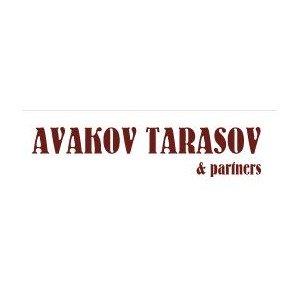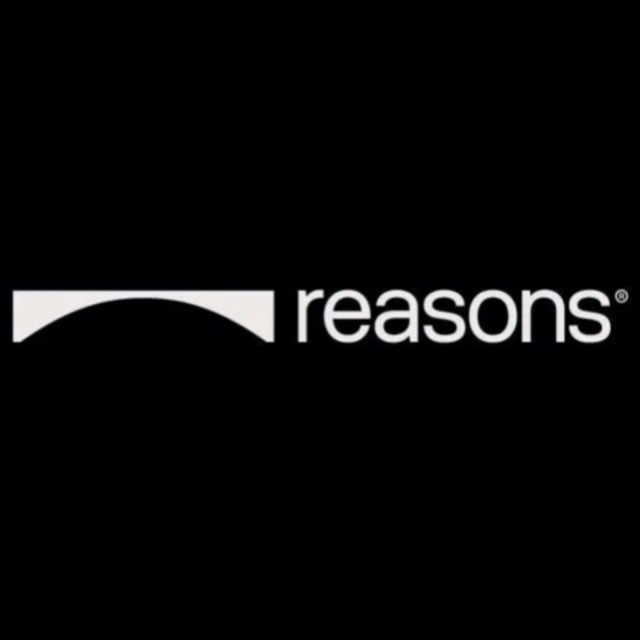Best Media and Entertainment Lawyers in Russia
Share your needs with us, get contacted by law firms.
Free. Takes 2 min.
Or refine your search by selecting a city:
List of the best lawyers in Russia
About Media and Entertainment Law in Russia
Media and entertainment law in Russia encompasses a broad range of legal issues related to film, television, music, publishing, digital media, and sports. This sector is governed by numerous laws and regulations to ensure fair use, protect intellectual property rights, and maintain cultural standards. The legal framework in Russia also establishes the rights and responsibilities of content creators, distributors, and consumers, making it a dynamic field that adjusts to technological and industrial advancements.
Why You May Need a Lawyer
Individuals and organizations may require legal assistance in media and entertainment for various reasons. These can include:
- Negotiating contracts for media production, distribution, or talent management.
- Protecting intellectual property rights, such as copyright, trademarks, and patents.
- Resolving disputes related to content ownership, royalties, or licensing agreements.
- Ensuring compliance with local broadcasting standards and regulations.
- Navigating defamation, privacy, or censorship issues.
- Assisting startups in media and entertainment business planning and structure.
Local Laws Overview
The legal landscape for media and entertainment in Russia is influenced by several key laws and regulations. These include:
- Law on Mass Media: Governs the registration and operation of media outlets, including requirements for content distribution and advertising.
- Civil Code of the Russian Federation: Contains provisions related to intellectual property rights, including copyright and industrial property regulations.
- Law on Copyright and Related Rights: Establishes the legal framework for copyright protection, including the registration and enforcement of rights.
- Personal Data Protection Laws: Outline rules for collecting, storing, and transmitting personal information, with special considerations for media outlets.
Frequently Asked Questions
What is considered copyright protection in Russia?
In Russia, copyright protection is granted automatically when a creative work is fixed in a tangible medium of expression. This applies to literary, artistic, scientific works, films, and photographs.
Do I need to register my copyright in Russia?
While registration is not mandatory, it is advisable as it provides a formal record of ownership, which can be useful in legal disputes.
How can I protect my brand in the media industry?
Protect your brand by registering trademarks and ensuring compliance with trademark laws to safeguard your business identity against unauthorized use.
What should be included in a talent management contract?
A talent management contract should include details like the scope of representation, payment terms, duration, responsibilities, and clauses for termination or dispute resolution.
Are there content restrictions for media production in Russia?
Yes, content must adhere to national cultural standards and cannot contain material that violates public order, is extremist, or promotes violence.
What are the main criteria for a legal broadcasting license?
Applicants must meet technical, legal, and financial criteria, including approval from the Federal Service for Supervision in the Sphere of Telecom, Information Technologies, and Mass Communications (Roskomnadzor).
How are royalties managed in Russia?
Royalties are managed through contract agreements and must comply with tax obligations under Russian law. It is crucial to define payment terms clearly in contracts.
What is the role of the Russian Union of Right-holders (RUR)?
The RUR is responsible for managing collective rights, collecting royalties, and distributing them to right-holders, particularly in music and audiovisual sectors.
Can foreign media companies operate in Russia?
Yes, foreign media companies can operate in Russia, but they must comply with local laws, including partnership requirements and content regulations.
What are 'neutral platforms' under Russian law?
Neutral platforms refer to digital services that do not influence media content but provide the technical means for distribution, subject to varying degrees of regulation.
Additional Resources
Here are some resources and organizations that can provide assistance:
- Federal Service for Supervision of Communications, Information Technology, and Mass Media (Roskomnadzor): Handles media content regulation and issuance of licenses.
- Russian Authors' Society (RAO): A non-profit organization that administers copyright licenses and royalty distribution.
- Russian Union of Right-holders (RUR): Provides information and resources on managing and protecting rights.
- Chamber of Commerce and Industry of the Russian Federation: Offers support and legal guidance for businesses operating in the media and entertainment sector.
Next Steps
If you need legal assistance in media and entertainment, consider the following steps:
- Determine the specific legal issue you are facing, such as contract negotiation or copyright infringement.
- Seek recommendations for experienced media and entertainment lawyers in Russia or contact professional associations for referrals.
- Schedule a consultation to discuss your legal needs and assess the lawyer's expertise and approach.
- Review and finalize a scope of work agreement with your chosen legal expert, ensuring clear terms of service and fee structures.
- Maintain open communication with your lawyer to stay informed about developments and make well-informed decisions.
Lawzana helps you find the best lawyers and law firms in Russia through a curated and pre-screened list of qualified legal professionals. Our platform offers rankings and detailed profiles of attorneys and law firms, allowing you to compare based on practice areas, including Media and Entertainment, experience, and client feedback.
Each profile includes a description of the firm's areas of practice, client reviews, team members and partners, year of establishment, spoken languages, office locations, contact information, social media presence, and any published articles or resources. Most firms on our platform speak English and are experienced in both local and international legal matters.
Get a quote from top-rated law firms in Russia — quickly, securely, and without unnecessary hassle.
Disclaimer:
The information provided on this page is for general informational purposes only and does not constitute legal advice. While we strive to ensure the accuracy and relevance of the content, legal information may change over time, and interpretations of the law can vary. You should always consult with a qualified legal professional for advice specific to your situation.
We disclaim all liability for actions taken or not taken based on the content of this page. If you believe any information is incorrect or outdated, please contact us, and we will review and update it where appropriate.
Browse media and entertainment law firms by city in Russia
Refine your search by selecting a city.















